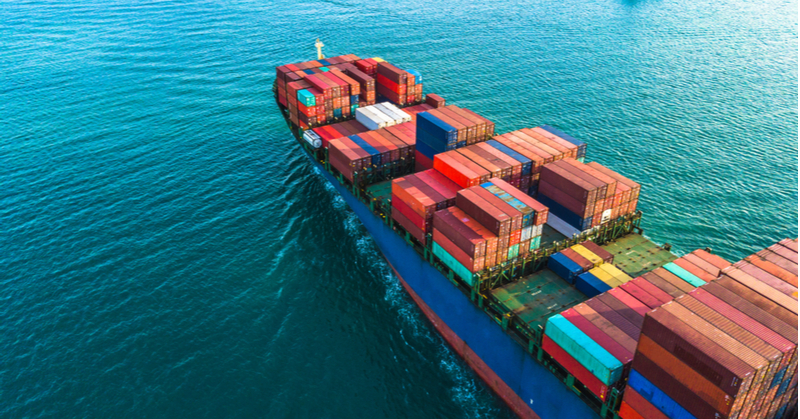“My new motto is that my life is on back order,” laments Sara Roth, Store Manager at The Farm House, a premier retailer of horse tack located in North Carolina. Supply chain disruptions continue to plague retailers like Farm House Tack since the beginning of the COVID pandemic with no end in sight.
Last month, CNBC provided an overview of the situation in their article “Container shipping locked in a ‘significant bottleneck’ as demand surges back.” For the first two quarters of 2020, there was little movement of goods from Asia due to COVID. Then, as consumer demand grew and joined with the demand of businesses needing to stockpile after the first two quarters of the year, the overall surge in demand of overseas goods was something never seen before.
According to CNBC, shipping container costs skyrocketed by 300% in January, affecting both imports and exports in the U.S. In last month’s article, Maersk CEO Soren Skou told CNBC that he had “heard stories about carriers deciding to turn around empty containers and ship it back to Asia, rather than wait an extra week or two to fill it up with exports from the U.S.”
What are retailers facing now? Continuing supply chain disruptions due to an insufficient supply of shipping containers, a lack of capacity at ports (due to workers being off the job because of COVID), and an overall nationwide lack of warehouse space, particularly near ports. The SupplyChainBrain Podcast went so far last week as to call this “the Southern California Supply-Chain ‘Meltdown’.” In fact, Dan Ronan, Associate News Editor at Transport Topics reported earlier this month that “Port Officials, Retailers See Congestion Lasting for Months.”
Over the past few weeks, mainstream reporting in the U.S. has begun to cover supply chain disruptions in articles about the numbers of ships waiting at anchor for up to weeks to either offload in the U.S. or pick up finished goods to export. Last week, Los Angeles News KTLA, including an eerie photo (dated 3/3/21) of ships waiting to dock at LA and Long Beach port, reported that “Supply bottlenecks leave dozens of container ships anchored off California coast.”
There has been congestion at other ports on both U.S. coasts. Savannah, Georgia looked to be heading in the same direction as California, but recent days have shown that congestion at that southeast U.S. port may be easing. But a recent twist to the tale of global shipping woes raised its head last week – a blockage of the Suez Canal had ABC News reporting that “Suez Canal blockage adds to pressure points in global trade”, noting that about 12% of global trade travels through the Suez Canal.
What does this mean for you – an accountant or bookkeeper? First and foremost, be kind to your clients who are reliant on global supply chains. Their stress level is high as they juggle receiving goods/products, delivering them, and dealing with cranky customers who just want to know when the heck they are going to get the thing they ordered. Second, provide operational advisory services around supply chain issues, either through your own knowledge or partnering with an expert in the field.
You may find that your clients are able to track where their goods are at any time. Sara Roth can even tell you which ship your horse saddle is currently on, where that ship is anchored, and how long it has been there. But your clients still may need your help in navigating these rough waters.
.png?width=150&height=63&name=TWRlogo-regmark_blueblack%20(1).png)
.png)









Do you have questions about this article? Email us and let us know > info@woodard.com
Comments: